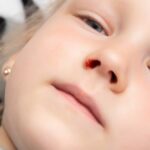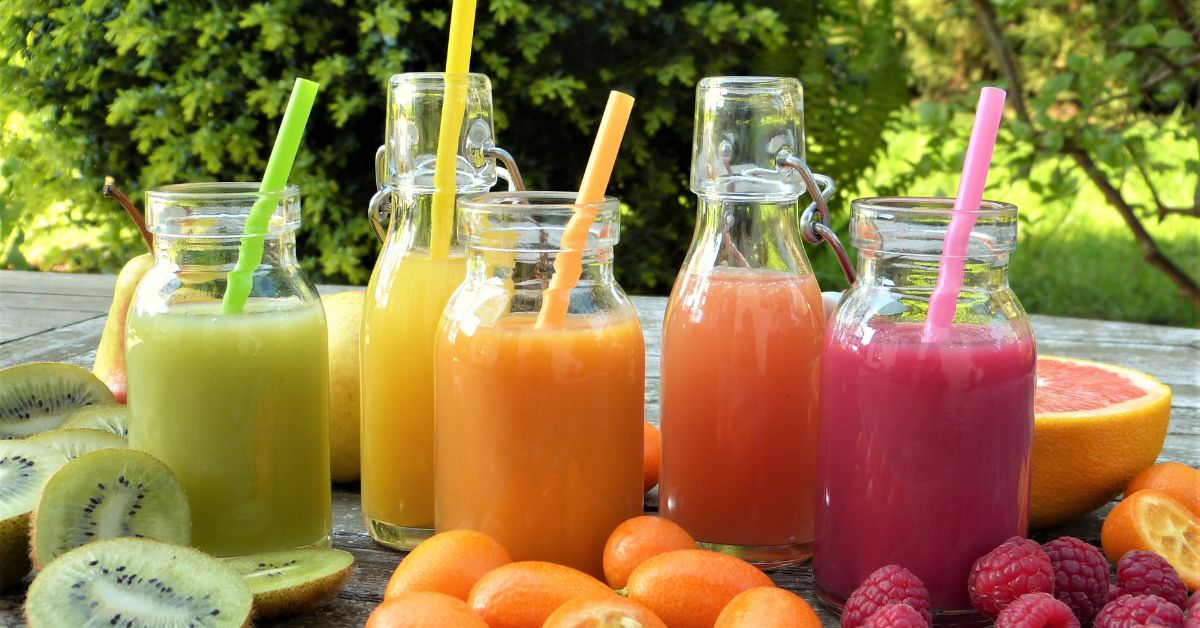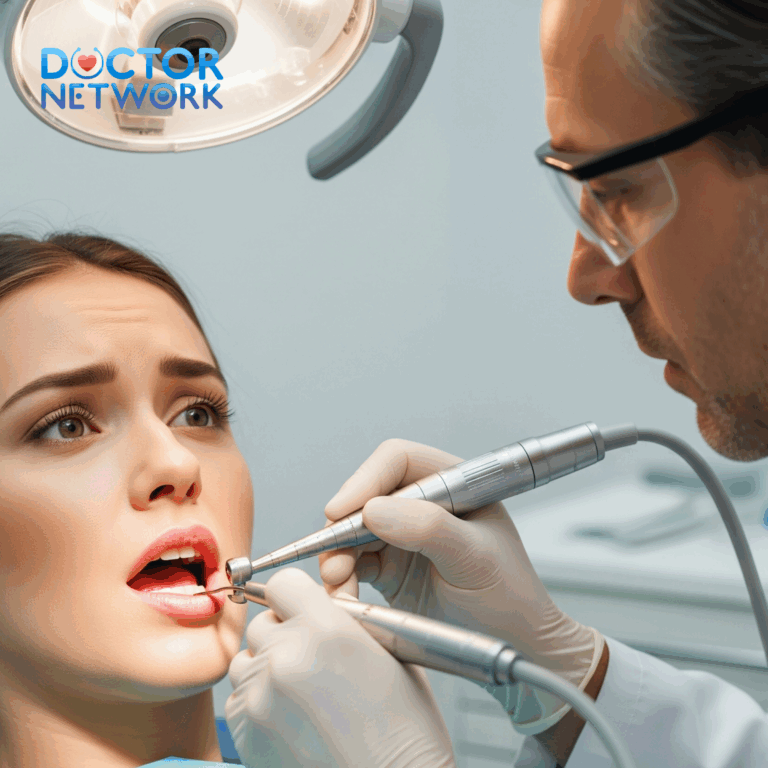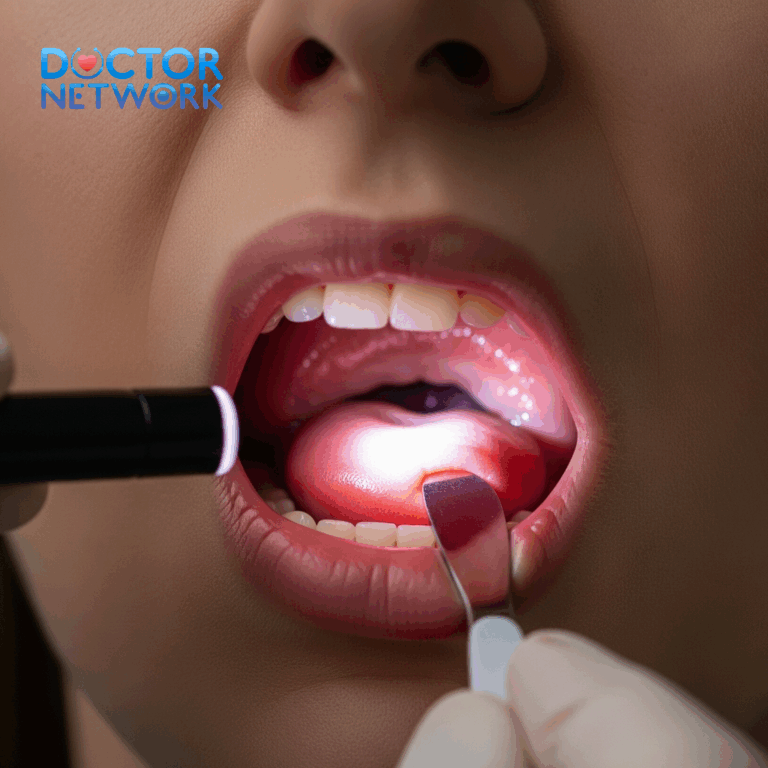Acne is one of the most common skin conditions affecting individuals of all ages, but it is particularly prevalent among adolescents and young adults. The relationship between diet and the development of acne has been extensively studied, demonstrating that our dietary intake can directly impact skin health and condition. This article provides comprehensive information What to Avoid Eating When Managing Acne.
The relationship between diet and acne
The impact of diet on acne is mainly related to how food influences hormones and inflammation within the body. High glycemic index foods and dairy products are known to increase insulin and IGF-1 levels, stimulating sebum production and cell growth, leading to pore blockage and ultimately acne formation. The consumption of inflammatory foods such as saturated fats and trans fats may also contribute to acne development by enhancing the inflammatory state of the body.
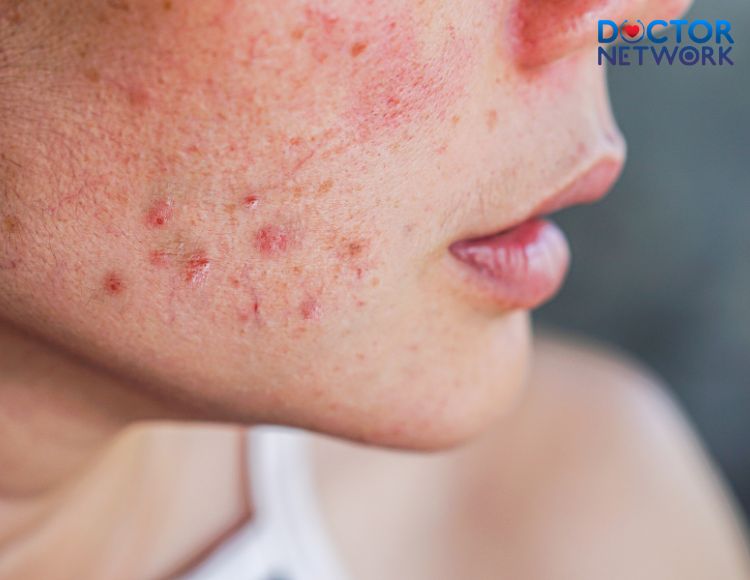
Inflammatory food consumption, including saturated and trans fats, can also contribute to acne development
Foods known to cause acne and their effects on the skin
What to avoid eating when managing acne? The following food types are known to exacerbate acne and should be limited or avoided to control skin condition:
- High glycemic index foods: White bread, pasta, pastries, and refined sugar products can rapidly increase blood sugar levels, promoting insulin and IGF-1 production, thereby stimulating acne development.
- Dairy products: Studies have indicated a link between dairy consumption and increased acne risk, possibly due to hormones and growth factors present in milk.
- Unhealthy fats: Saturated fats and trans fats found in processed foods and fast food can cause inflammation, increasing the risk of acne development.
Understanding the relationship between diet and acne provides additional tools for controlling and minimizing skin conditions. Adjusting one’s diet by reducing acne-inducing foods and increasing the intake of antioxidants, vitamins, and minerals can effectively improve skin condition and reduce acne.
Foods to avoid when dealing with acne
High sugar and high glycemic foods:
The glycemic index (GI) measures the rate at which food can raise blood sugar levels after consumption. High GI foods cause a rapid increase in insulin production, potentially stimulating sebaceous glands to produce more oil, thereby causing or worsening existing acne. Therefore, individuals with acne should avoid or limit high GI foods such as sweets, soft drinks, white bread, and refined flour products.
Dairy products:
Research has shown a correlation between dairy consumption and an increased risk of developing acne, potentially due to natural hormones and growth factors in milk. Cow’s milk, in particular, contains a high level of hormones that can affect the body’s hormonal balance, thereby stimulating acne development. Dairy alternatives include nut milks like almond milk, walnut milk, or soy milk, which can be healthier options for those looking to control their acne condition.
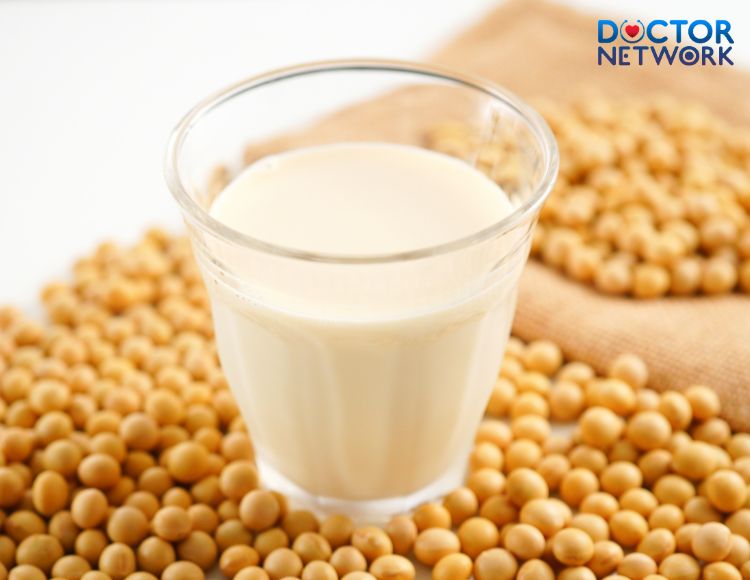
Consuming milk and dairy products increases the risk of developing acne
Processed foods and fats:
Unhealthy fats and processed foods often contain large amounts of saturated and trans fats, both of which can cause inflammation and increase acne risk. Processed foods also typically contain additives and preservatives that can irritate the skin. To minimize this impact, it is advisable to limit processed food consumption and choose healthier fat sources like olive oil, flaxseed oil, and nuts to support skin health without increasing acne risk.
Foods to Prioritize for Acne Management
Foods Rich in Omega-3
Omega-3 fatty acids have potent anti-inflammatory effects that can help reduce inflammation and redness associated with acne. Salmon is an abundant source of omega-3, along with flaxseeds, providing essential fatty acids that help improve skin condition from within. Incorporating omega-3-rich foods into your diet may aid in reducing inflammation, diminishing acne appearance, and promoting overall skin health.
Foods High in Antioxidants
Antioxidants protect the skin from free radical damage and may help reduce inflammation. Leafy greens, fruits like raspberries and strawberries, seeds such as sunflower seeds, and quinoa are excellent sources of antioxidants. Adding these foods to your diet not only helps improve skin health but also supports the body in disease prevention and boosts the immune system.
Vitamins and Minerals for Skin Support
Vitamins A, E, and Zinc play a crucial role in maintaining skin health and beauty. Vitamin A helps regulate oil production, while Vitamin E is a strong antioxidant that protects the skin from UV damage and pollution. Zinc helps reduce inflammation and supports the wound healing process, which is vital for those dealing with acne. Foods rich in Vitamin A include carrots and sweet potatoes; Vitamin E can be found in almonds, sunflower seeds; and Zinc is plentiful in beef and pumpkin seeds. Including these foods in your daily diet can improve skin condition and reduce acne.
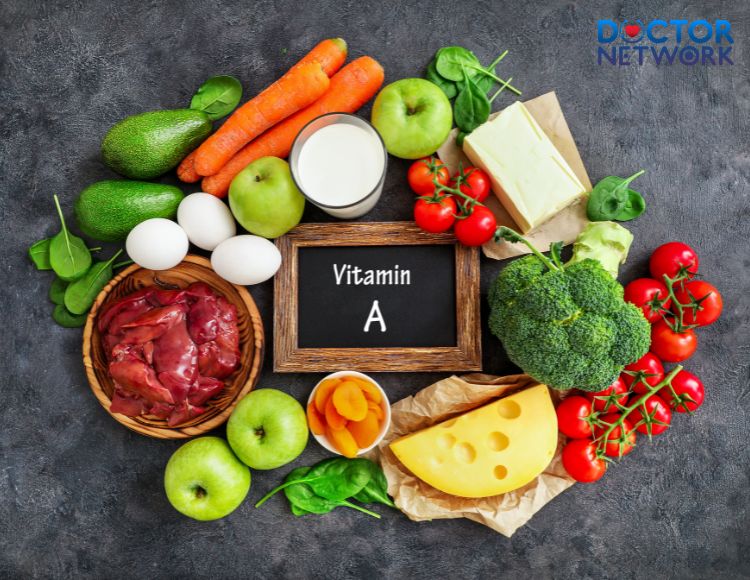
Vitamins A, E and zinc (Zinc) play an important role in maintaining skin health and beauty
Dietary and Lifestyle Recommendations for Healthy Living
Maintaining a healthy lifestyle is essential for controlling and improving acne. A balanced diet, combined with positive living habits, can enhance overall health and skin condition.
Drink Plenty of Water: Water helps detoxify the body and remove toxins, providing essential hydration for the skin, making it soft and reducing acne risk. The daily recommendation is to drink at least 8 glasses of water, depending on individual activity levels and living environments.
Get Adequate Sleep: Sleep plays a significant role in skin cell recovery and regeneration, as well as reducing stress – a factor that can cause or exacerbate acne conditions. Aim for 7-9 hours of sleep per night, depending on personal needs.
Regular Exercise: Exercise benefits cardiovascular health and mental well-being and improves blood circulation, nourishing skin cells and reducing inflammation. Choose a workout routine that suits your preferences and capabilities, from yoga and walking to gym workouts, and maintain at least 30 minutes per day.
By adopting a scientifically backed diet along with a healthy lifestyle, you can not only improve your acne condition but also enhance your overall health. Small changes in daily habits can have significant benefits for your skin and health.
Scientific Evidence on “What to Avoid Eating When Managing Acne”
Here are some scientific findings on “what to avoid eating when managing acne“:
- A study published in the journal Clinical, Cosmetic and Investigational Dermatology in 2015 found that individuals consuming spicy foods had a 43% higher risk of developing acne.
- A study published in the Journal of the American Academy of Dermatology in 2012 found that individuals consuming high-fat foods had a 25% higher risk of developing acne.
- A study published in the Journal of the American Academy of Dermatology in 2015 showed that individuals consuming high-sugar foods had a 30% higher risk of developing acne.
- A study published in the Journal of the American Academy of Dermatology in 2017 found that individuals consuming cow’s milk had a 15% higher risk of developing acne.
Understanding and applying a healthy diet and lifestyle is a paramount factor in the journey of skincare and acne management. This article has provided you with detailed information on what to avoid eating when managing acne and hopefully will be beneficial for your future endeavors.
References:
https://www.aad.org/public/diseases/acne/causes/diet
https://www.webmd.com/skin-problems-and-treatments/acne/ss/slideshow-acne-best-worst-foods
https://www.healthline.com/health/beauty-skin-care/anti-acne-foods
Kiểm Duyệt Nội Dung
More than 10 years of marketing communications experience in the medical and health field.
Successfully deployed marketing communication activities, content development and social networking channels for hospital partners, clinics, doctors and medical professionals across the country.
More than 6 years of experience in organizing and producing leading prestigious medical programs in Vietnam, in collaboration with Ho Chi Minh City Television (HTV). Typical programs include Nhật Ký Blouse Trắng, Bác Sĩ Nói Gì, Alo Bác Sĩ Nghe, Nhật Ký Hạnh Phúc, Vui Khỏe Cùng Con, Bác Sỹ Mẹ, v.v.
Comprehensive cooperation with hundreds of hospitals and clinics, thousands of doctors and medical experts to join hands in building a medical content and service platform on the Doctor Network application.










